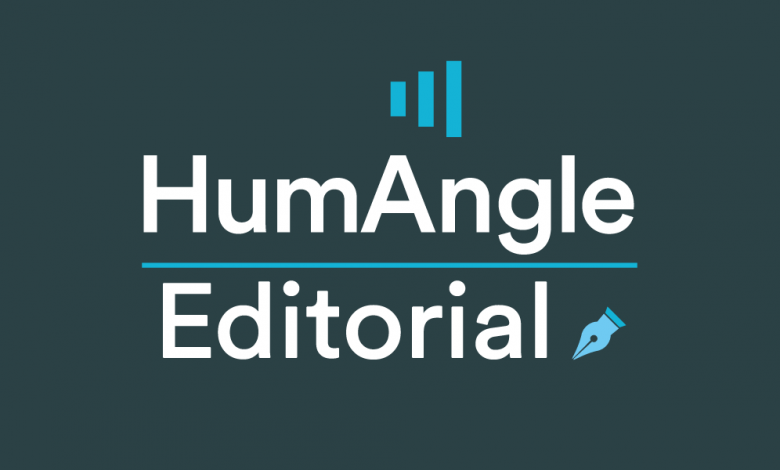Avoiding Danger Toward Building A Peaceful World

When the novel coronavirus (COVID-19) broke out in Wuham, China, in November 2019, it looked like a fable.
Even the most advanced countries, including the United States of America, saw it as an isolated problem that should bother the Chinese, especially as it has been engaged in a trade war with China.
Six months down the line, the COVID-19 pandemic has turned out to be the greatest challenge for humanity in modern history as the world battles to put a finger at the problem.
Day and night medical experts battle to resolve the puzzle as the numbers of spread and affliction of the virus continues to rise and everyone is in panic.
Economic experts say the global economy has gone into a recession. They also say that Africa’s economy will recede as it has never done in the last 25 years.
Recession brings a lot of social and political problems. For Nigeria which is just recovering from a recession, the challenge will be greater.
Already, signs that life will be tougher for Nigerians have manifested with the crash in international crude oil prices. Crude oil is the country’s main revenue source.
The 2020 budget was based on 57 dollars per barrel of oil benchmark but with COVID-19 the price has dropped to 21 dollars per barrel, less than half the budget benchmark.
Oil producers have rallied to cut production but that has not improved the situation significantly.
Agriculture which the Muhammad Buhari administration has turned to for stimulating the the economy, has been threatened by numerous conflicts, including Boko Haram in the Northeast and Banditry in the Northwest.
The sector has witnessed another knock from COVID-19 and farmers who ought be in the field are at home with the rest of the population because of the lockdown meant to check the spread of the virus.
With the lockdown, the national food reserve is depleting.
If the coronavirus crisis ends and farmers, whose activities have been disrupted, return to the farm, the associated crises might erupt.
The annual communal clashes among communities over land and other agricultural resources might increase and hunger, crime and related challenges heighten.
The media as agenda setters have a responsibility to point the way forward.
As a responsible media house, we at HumanAngle have decided to report issues that tend to disrupt social order even after the COVID-19 pandemic.
The first of such effort will start on Tuesday with the launch of HumAngle Week of Crisis Signalling through which we will report issues in all facets of life that threaten social order.
The issues cover religion, health, agriculture, community relations, among others.
The goal here is to help build consensus on issues toward building a harmonious social order through responsible journalism.
We invite you to journey with us as we strive to help build a more peaceful community. Welcome!
Support Our Journalism
There are millions of ordinary people affected by conflict in Africa whose stories are missing in the mainstream media. HumAngle is determined to tell those challenging and under-reported stories, hoping that the people impacted by these conflicts will find the safety and security they deserve.
To ensure that we continue to provide public service coverage, we have a small favour to ask you. We want you to be part of our journalistic endeavour by contributing a token to us.
Your donation will further promote a robust, free, and independent media.
Donate HereStay Closer To The Stories That Matter





Indeed HumAngle is really one of the media house I always count on so far. I wish humAngle will come down to minna niger state especially on the ongoing complicated issues about the spectre of covid-19 and others leadership challenges of the state. Thank you